Five ways in which Covid-19 is changing the platform economy
Because of the Covid-19 outbreak and the far-reaching government measures, both businesses and consumers are looking for other ways to bring supply and demand together. From a digital flea market during King's Day to a run on home delivery slots at supermarkets. There are also all kinds of new initiatives that use technology to bring parties together to support local suppliers or help vulnerable groups. The Corona crisis is changing the playing field. Both for companies that use a platform as an intermediary between consumer and supplier (think of Airbnb or Uber) as well as umbrella platforms on which organizations jointly sell products or services. There are five striking developments that are causing a changed platform economy.
1. Integration of 'no contact' rules
The government measures to prevent the spread of the virus are clear: stay indoors as much as possible and keep 1.5 metres away from others. Platforms should also integrate this rule.
Due to the nature of the service one organisation will find it more difficult to implement than others. For example, it is a lot harder for an Uber driver to keep his distance during a taxi ride than it is for a home delivery courier who leaves the order on the sidewalk or in the portal. And there are even more examples. PostNL lets deliverers sign the orders themselves and when booking through Nature.house a potential tenant can choose the option 'no contact with the landlord'.
2. Shipping integrally arranged
According to PostNL, we’re experiencing an 'online explosion'. Post and parcel services have increased their capacity by 40 percent, because web shops are growing by 30 to sometimes as much as 800 percent. People no longer only buy from well-known e-commerce parties, but local entrepreneurs also sell their products online. Often these web shops are not (yet) sufficiently equipped to meet the larger and sudden customer demand. One of the things that is often not too well arranged is the shipment of the goods. A platform such as Marktplaats has had a shipping-integration for some time now, where a seller can easily make a package including a track & trace shipping label ready for shipment via Marktplaats messages. Due to the increasing customer demand and the tight capacity at the large logistics service providers, such as PostNL, there will also be room for new platforms. Good examples of this are courier platform Brenger and ishipit for delivery jobs in the neighbourhood.
3. Quickly set up new platforms
The Corona crisis is hitting a number of sectors hard. All kinds of initiatives to support affected entrepreneurs, from vegetable growers to pub owners, are shooting up like mushrooms. In many places, local producers are joining forces now that they cannot sell their products to restaurants and other catering establishments, and are selling 'support your locals' boxes. But there are also numerous aid projects to support care workers or the elderly. Petbnb, for example, brings dog owners into contact with dog guardians. Now the platform offers the service free of charge for elderly people who dare not go outside or caretakers who are now short of time to go for a long walk with their faithful four-legged friend. The speed with which these initiatives are set up, marketed, delivered and paid for are a direct result of smart entrepreneurial spirit during the current lock-down.
4. Streaming services also deployed in existing sectors
Not only are new initiatives coming on stream, services are also being reinvented in existing sectors. Take, for example, a civil-law notary's office that is now introducing 'video as a service' to provide clients with advice remotely. Providers of these services, such as Zoom, 24sessions and Teams, are now getting a gigaboost, but will not completely disappear from the scene after the crisis because organisations have made lasting changes. Entrepreneurs are obliged by Covid-19 to look differently at their customer contact moments and consumers are willing to go along in innovative ways to still be able to purchase a service.
Or a music teacher who no longer comes to give guitar lessons at home, but offers this through a streaming service. This is not entirely new, by the way, because there are already platforms where content is successfully offered via streaming services for a fee. For example, you can take a guitar lesson via udemy.com.
5. Cashless is the new normal
Cash money can be used in fewer and fewer places. An evolvement which was expected, because the WHO warned that cash money could be a spreader of the virus. Moreover, it is easier to keep your distance with a pin-payment or an online payment request. For platforms, it is good to see if there is still an exchange of cash or payments via an invoice within the processes. With invoice payments there is also much less certainty whether the payment will actually be made; which at times of crises you may want to take into consideration.
Take the guitar teacher, who now offers his lessons online, who can function very well in the 'cashless society'. A student takes a video lesson via a streaming service. For this lesson a financial compensation has been agreed in advance. Possibly this lesson is paid in escrow, which is only released after the online lesson has ended and the student accepts this, for example by giving a thumbs up to release funds.
Of course -it is anyone's guess- but it is likely some of the changes mentioned will have a lasting impact. Even after relaxation of the measures to prevent the spread of the Corona virus. Change often means progress and we are happy to think along with you to help our partners during these challenging times.

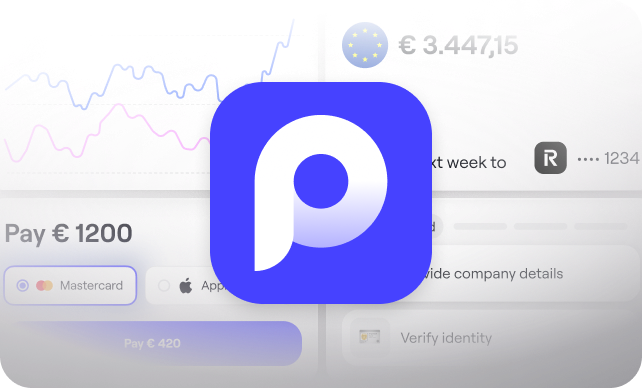
.svg)
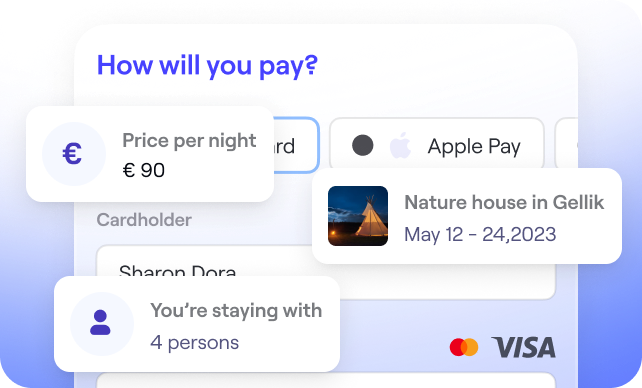
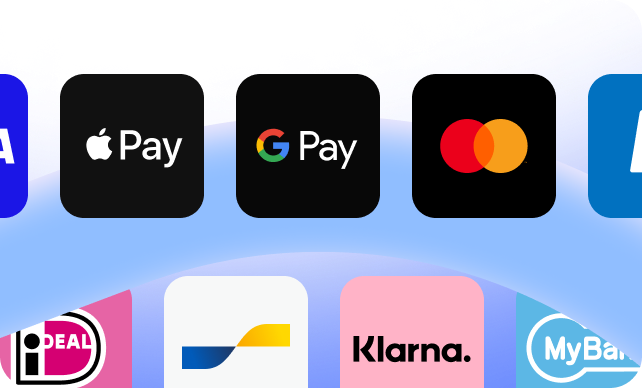

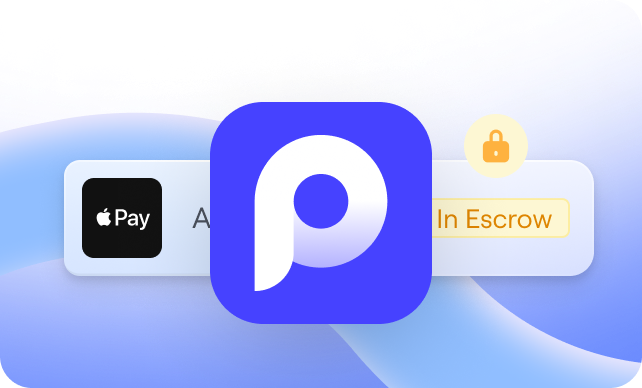

.svg)
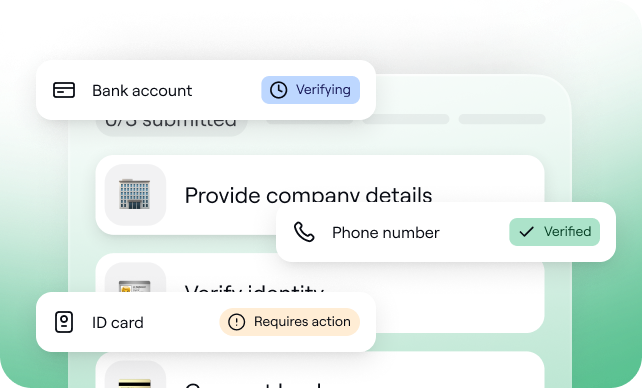
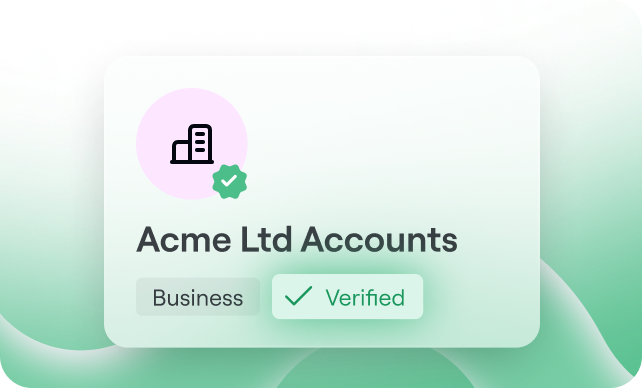

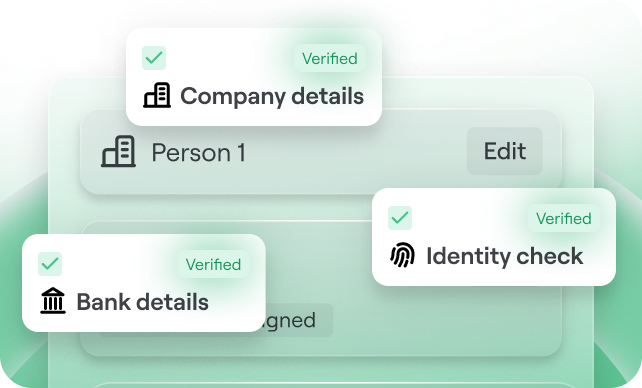
.svg)
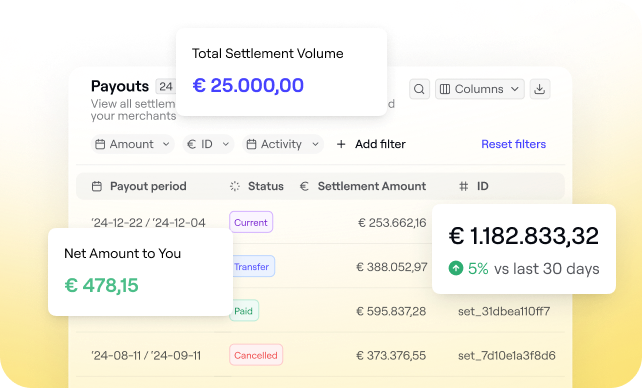
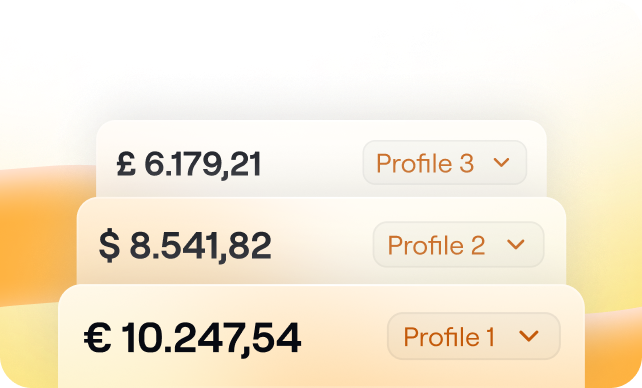
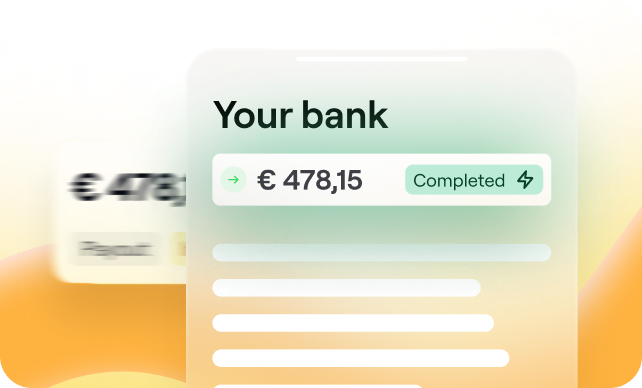
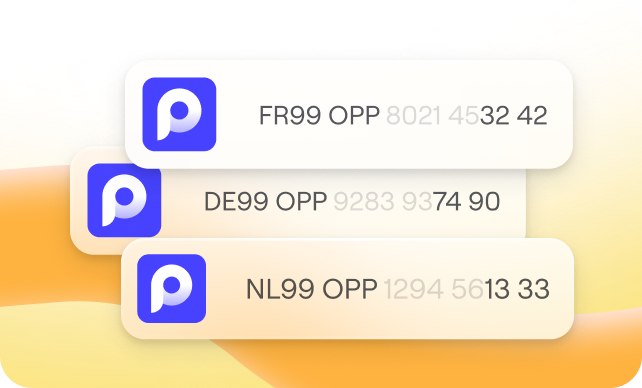
.svg)
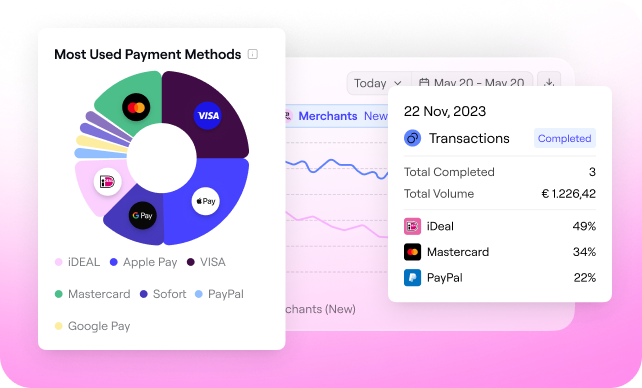
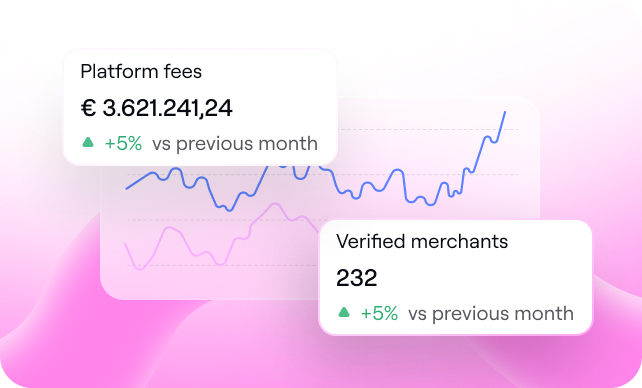
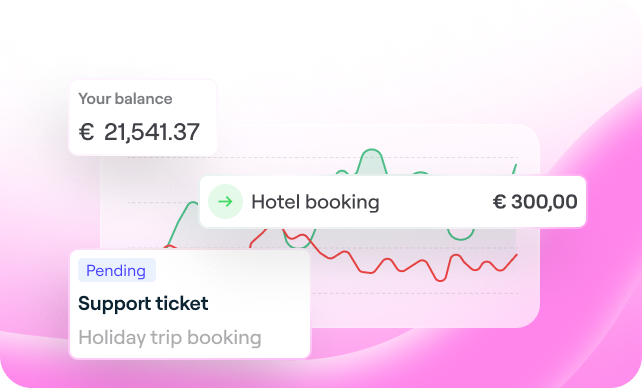
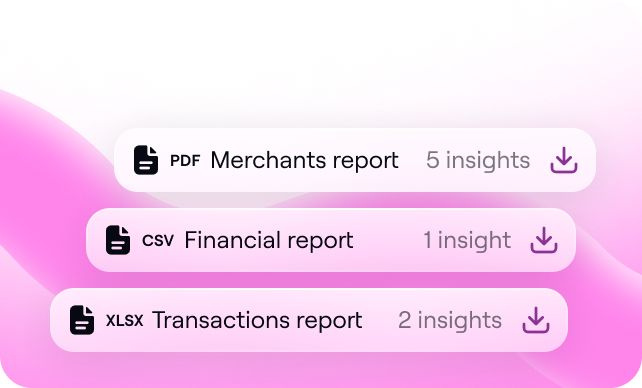
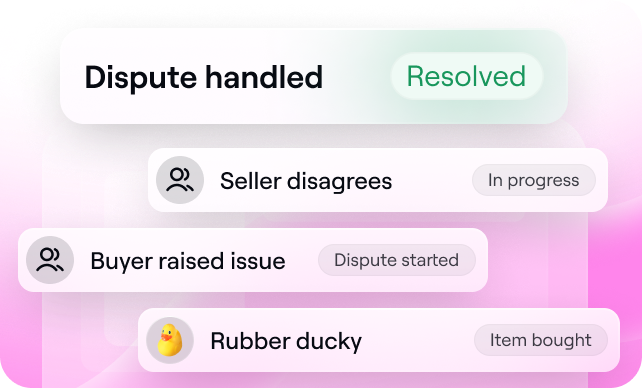



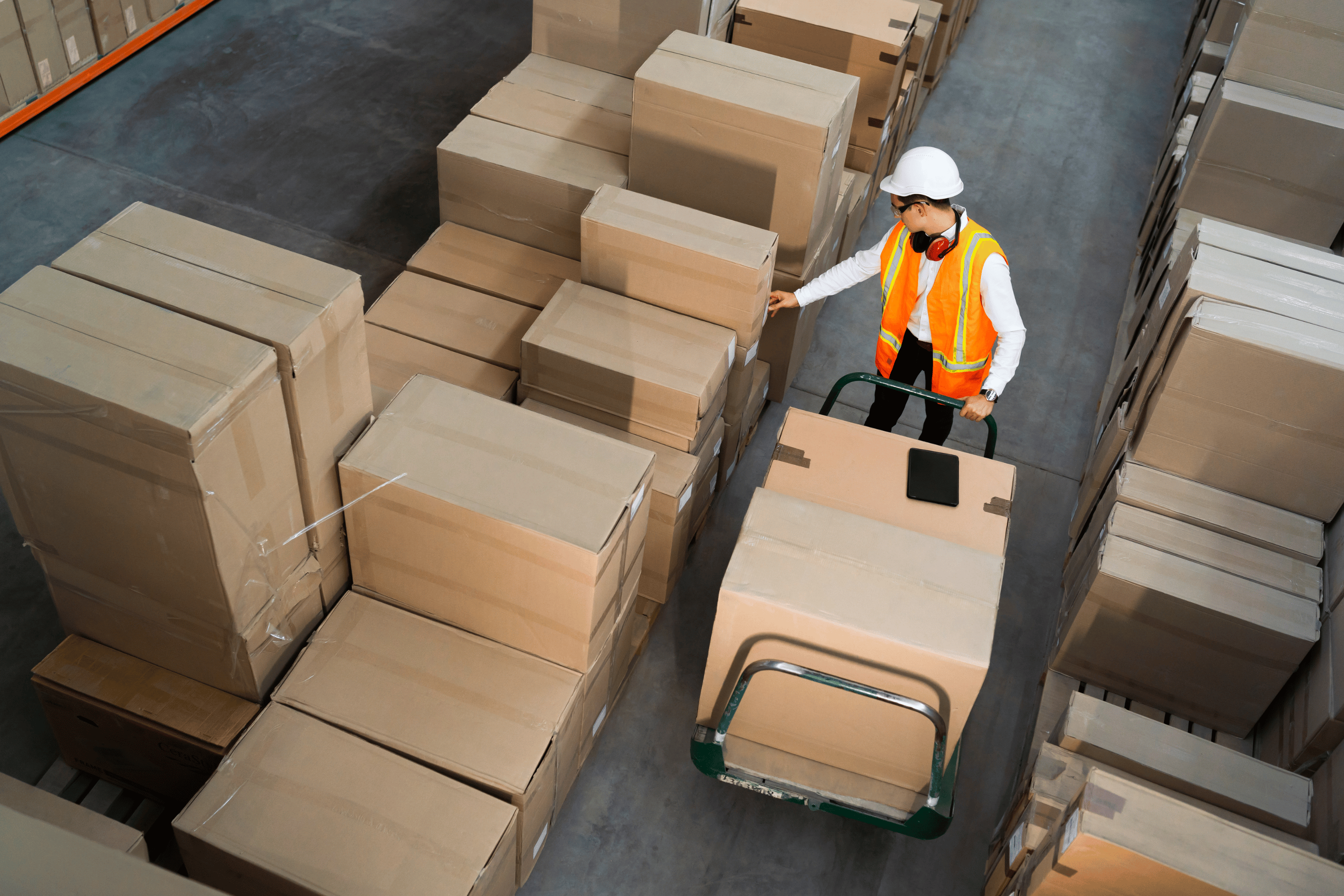


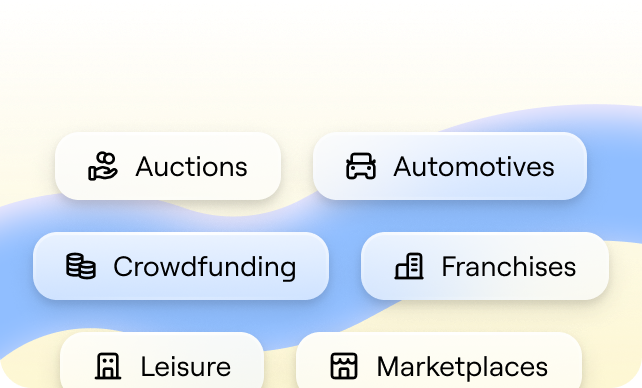






%20(1).png?width=1300&name=Copy%20of%20Copy%20of%20Blog%20post%20(1620%20x%201080%20px)%20(1).png)



.png)
.png?width=75&height=51&name=Worldline%20(2).png)